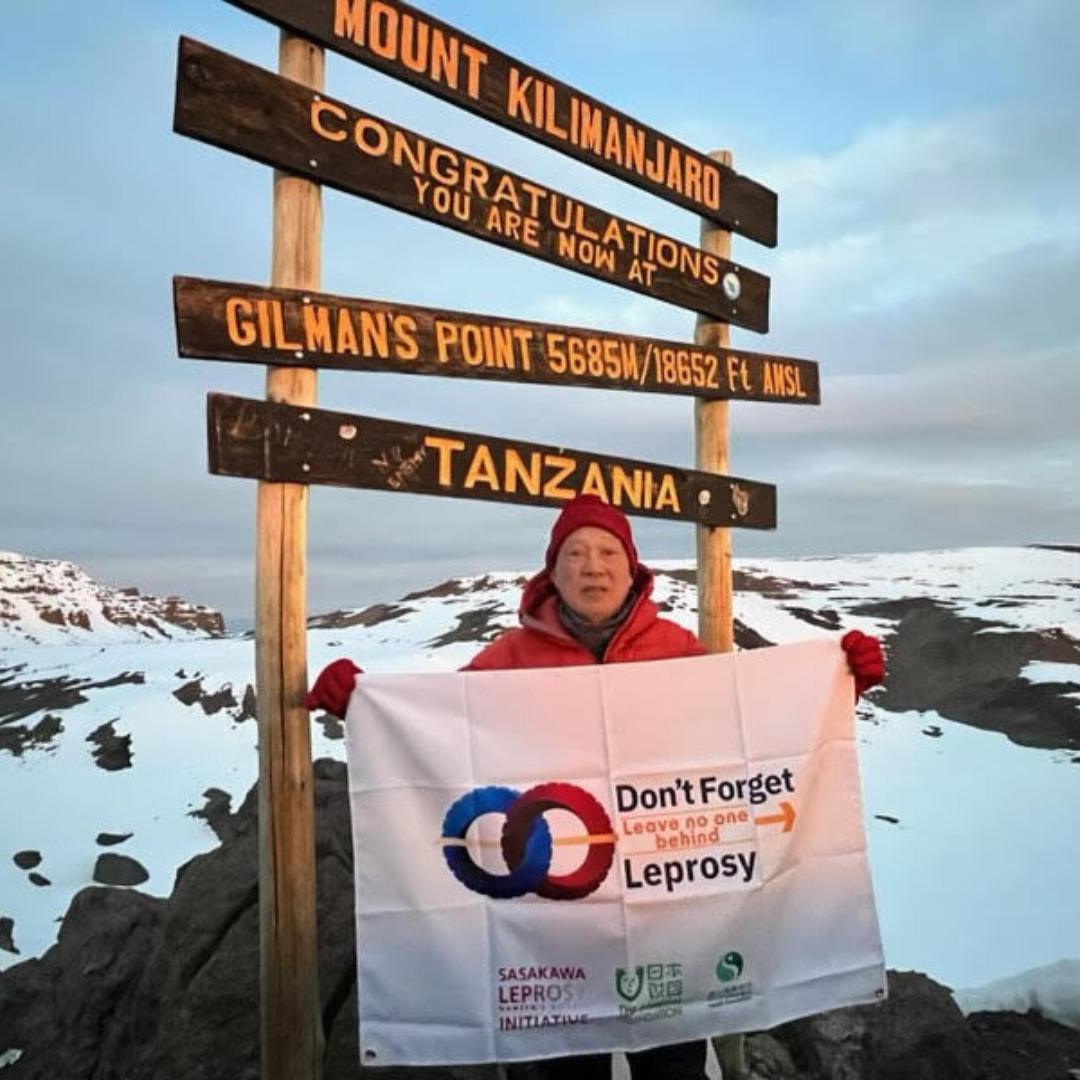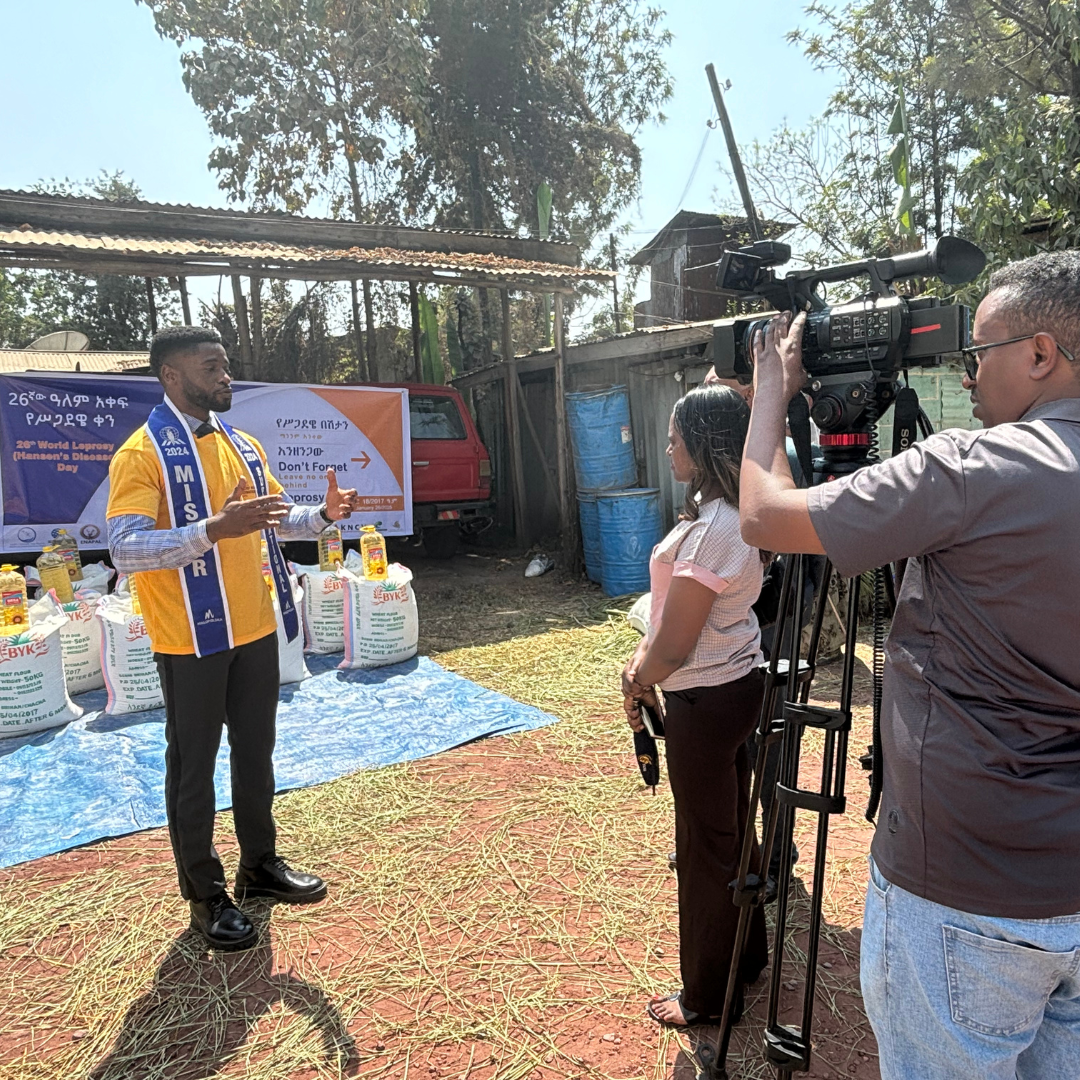
Alice Cruz
United Nations (UN) Special Rapporteur on the elimination of discrimination against persons affected by leprosy and their family members
https://www.ohchr.org/EN/Issues/Leprosy/Pages/LeprosyIndex.aspx
Twitter: @srleprosy
Born in Portugal, Alice Cruz trained in anthropology and wrote her Ph.D. thesis on national differences in barriers to diagnosis, care, and social inclusion as experienced by persons affected by leprosy. She has held the mandate for UN Special Rapporteur since it was first established by the Human Rights Council in 2017.
While it is true that there is increased dynamism with regard to the recognition of persons affected by leprosy as rights-holders, as well as greater attention to issues of gender and participation, one cannot deny the substantive setback brought on by the COVID-19 pandemic. The year 2021 began with confirmation of the concerns I had shared with Member States in my open letter on leprosy and COVID-19 issued in mid-2020.¹ Both official and non-official numbers point to around 50% decrease in the diagnosis of new cases; increase in the number of hidden cases; increase in the number of people being diagnosed with irreversible physical impairments as a result of late diagnosis; well-founded concerns over an increase in transmission rates and new cases among children, who may also be more likely to be diagnosed with already irreversible physical impairments.
Such setbacks in diagnosis and transmission are just some of the many adverse effects of the pandemic. Both structural material deprivation and systemic discrimination have been playing a terrible role in menacing and violating the very right to life of the most vulnerable, including persons affected by leprosy and their families. Moreover, another key factor has come to light: the existence of double standards in the responses from varied stakeholders to the current crisis.
Since March 2020, I have been receiving reports from all leprosy-endemic countries about a food emergency among persons affected by leprosy and their families, along with reports on issues of equally great concern impacting their right to life. The COVID-19 pandemic has become one additional basis for discrimination. Persons affected by leprosy, who were already excluded from the formal economy and denied entitlements to social protection, have been facing the loss of income-generating activities and safety nets. Importantly, drugs used for treating leprosy reactions are immunosuppressive, which means that a high percentage of persons affected by leprosy are especially vulnerable to COVID-19, more so in the context of living in vulnerable material conditions without access to basic goods, but also in lack of access to life-saving information. I have also received many reports pointing to a generalized pattern of multiple barriers to access to healthcare. Access to essential medicines, namely multidrug therapy (MDT), has also been compromised during the pandemic. During the period from mid-2020 to the beginning of 2021, I have received complaints about the shortage of MDT in 10 countries.
Significant improvement in many areas is indispensable with regard to recovery plans. I would like to highlight one area in particular: the need to guarantee the right to participation in pandemic-related plans and recovery to marginalized and discriminated-against groups, because they are frequently invisible and forgotten in national planning and also because community engagement is a well-documented key strategy for responding to outbreaks in an equitable, appropriate, and efficient manner. In my report to the Human Rights Council, ² I consider good mitigation practices the ones that were developed through collaborative work with people’s organizations, guaranteeing the co-production of health, respecting autonomy, enhancing local capacities, and linking relief to development.
The COVID-19 pandemic has brutally revealed how the principle of universality of human rights as provided for in the Universal Declaration of Human Rights has hardly been fulfilled. But if one thing has become clear during the pandemic, it is that “other people’s problems” are everyone’s problems. That is why I have recommended to Member States to put those who are furthest behind at the center of an inclusive recovery by eliminating double standards in the response to the current crisis, ensuring non-discrimination and the right to participation for the most marginalized. Minimum core obligations of social and economic rights (like health, work, social protection, and education) should be established as a matter of priority for vulnerable groups. This is the core principle for building back better by placing those who have systematically been pushed furthest behind at the center of an inclusive recovery.
¹ https://www.ohchr.org/Documents/Issues/Leprosy/SR_leprosy_Open_letter_22May2020.pdf
² https://undocs.org/A/HRC/47/29





